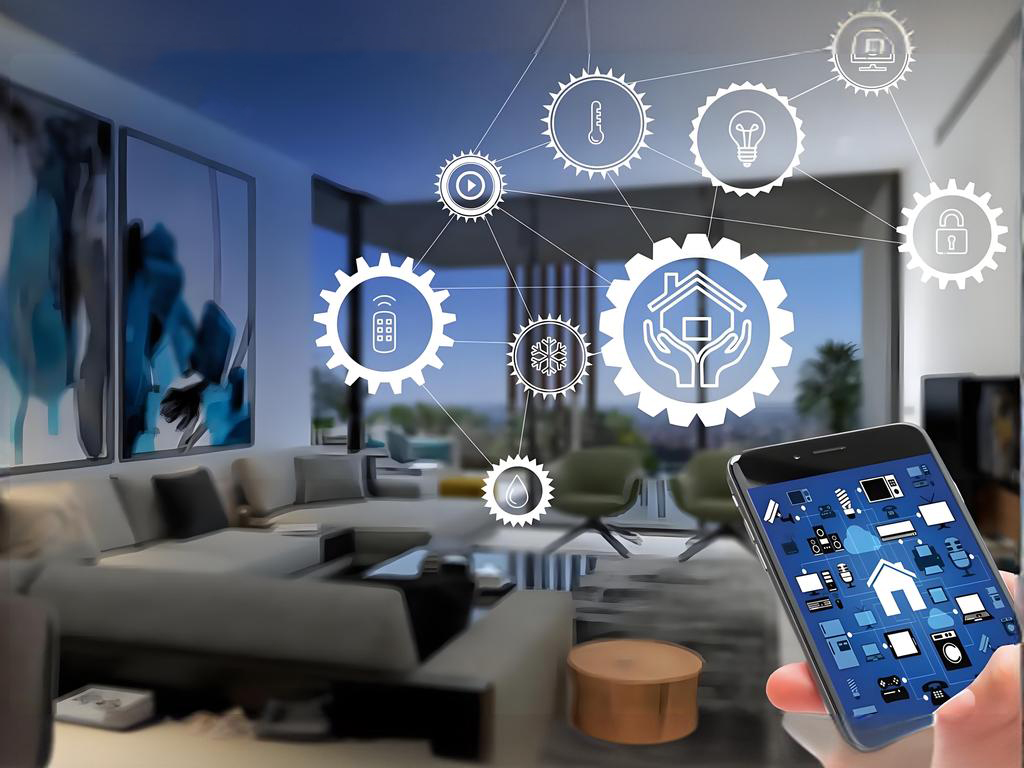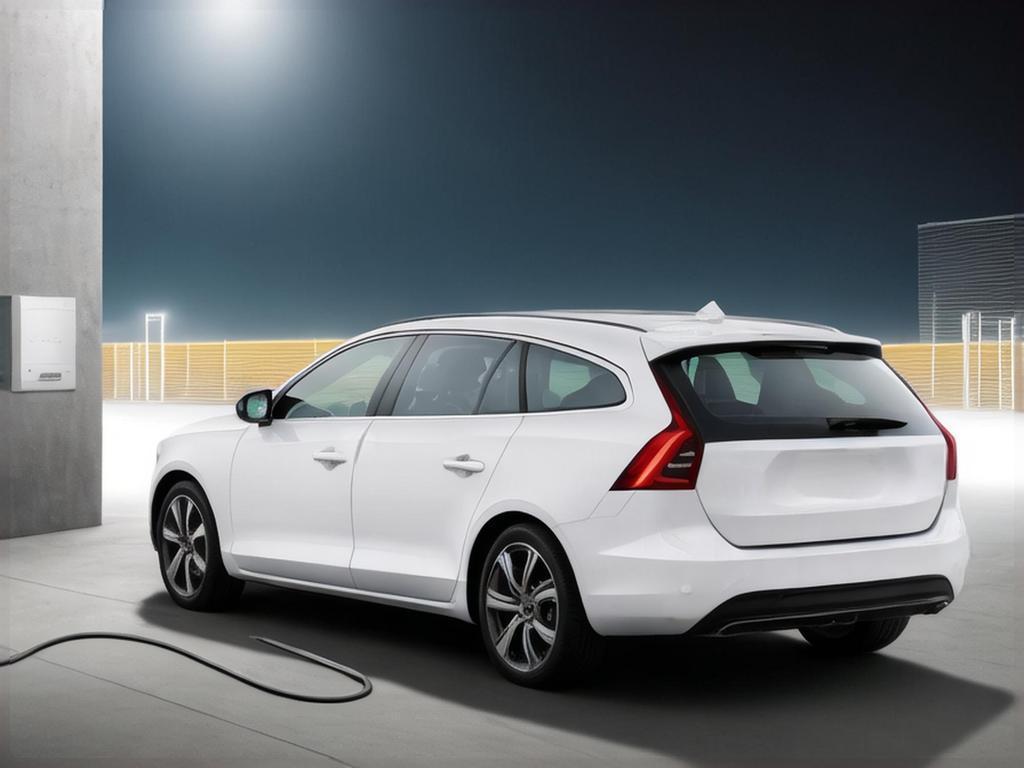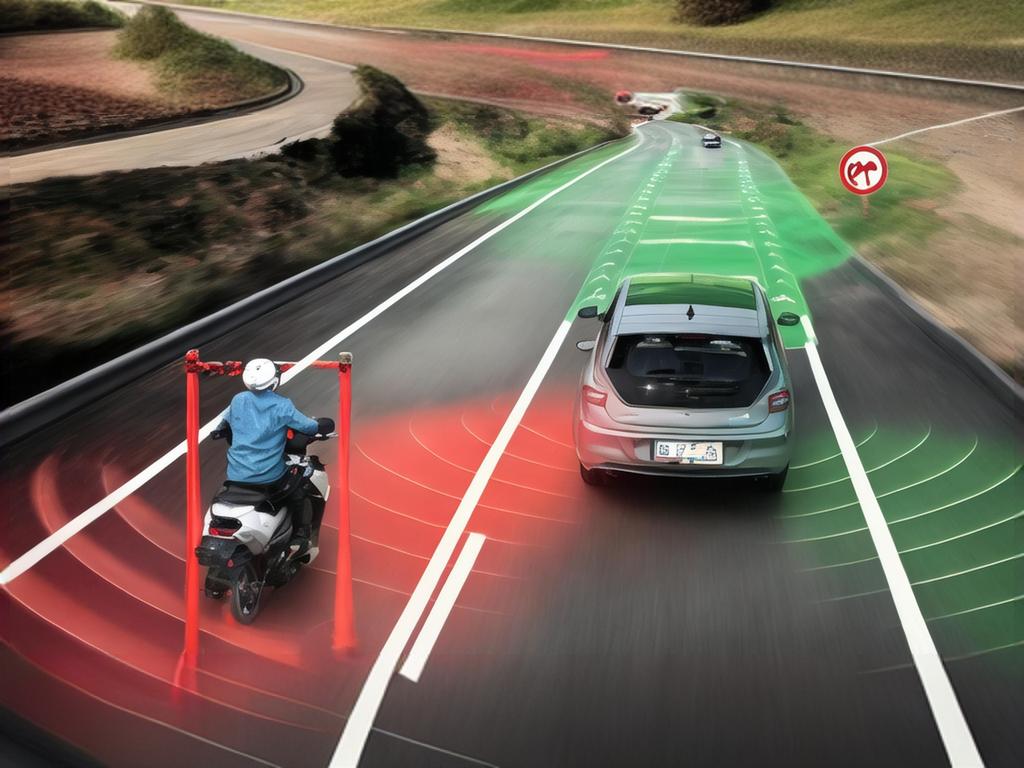Technology Meets Daily Life: How Smart Homes Are Transforming Our Existence

In the dawn of the 21st century, technology has permeated every aspect of our lives, reshaping the way we interact with the world and the comforts of our own homes. The concept of smart homes, once confined to the realm of science fiction, has now become a tangible reality, transforming our daily lives in ways that were once unimaginable. This article delves into how smart homes are integrating technology with our existence, enhancing convenience, security, energy efficiency, and overall quality of life.
The Rise of Smart Homes
The proliferation of internet-connected devices, advanced sensors, artificial intelligence (AI), and machine learning has paved the way for the smart home revolution. These homes are equipped with a network of interconnected devices that can be controlled remotely, automated, and learn from user behavior to optimize their functionality. From lighting and heating systems to security cameras and appliances, everything is designed to work seamlessly together, creating an environment tailored to the individual’s needs and preferences.
Convenience at Your Fingertips
One of the most significant benefits of smart homes is the unparalleled convenience they offer. Imagine waking up to a perfectly heated room, with your favorite morning coffee brewing automatically and your curtains opening to let in the first rays of sunshine. With voice assistants like Amazon’s Alexa or Google Assistant, you can control almost every aspect of your home with simple voice commands, from playing music to setting reminders and even ordering groceries. This level of convenience frees up time and energy, allowing individuals to focus on more important tasks or simply enjoy life’s simple pleasures.
Enhanced Security and Peace of Mind
Smart homes also revolutionize home security. High-definition security cameras, motion sensors, and smart locks provide real-time monitoring and alerts, enabling homeowners to keep an eye on their property even when they’re away. These systems can detect intruders, send notifications to your smartphone, and in some cases, even deter potential burglars with automated responses like flashing lights or sounding alarms. This level of security not only protects your valuables but also provides invaluable peace of mind, especially for those with families or elderly relatives living alone.
Energy Efficiency and Sustainability
Smart homes are also at the forefront of promoting energy efficiency and sustainability. By automating heating, cooling, and lighting systems, these homes can adjust their settings based on occupancy and environmental conditions, significantly reducing energy waste. For instance, smart thermostats can learn your temperature preferences and adjust accordingly, while smart lighting systems can dim or turn off lights in unoccupied rooms. Furthermore, smart homes can be integrated with renewable energy sources like solar panels, further reducing your carbon footprint and saving money on energy bills.
Personalization and Adaptability
Another defining feature of smart homes is their ability to adapt and evolve with their users. By leveraging AI and machine learning, these systems can learn from your habits and preferences, automating tasks and optimizing settings to better suit your needs. Whether it’s creating a customized entertainment experience or adjusting the ambiance of your living room to suit your mood, smart homes offer a level of personalization that traditional homes simply cannot match.













